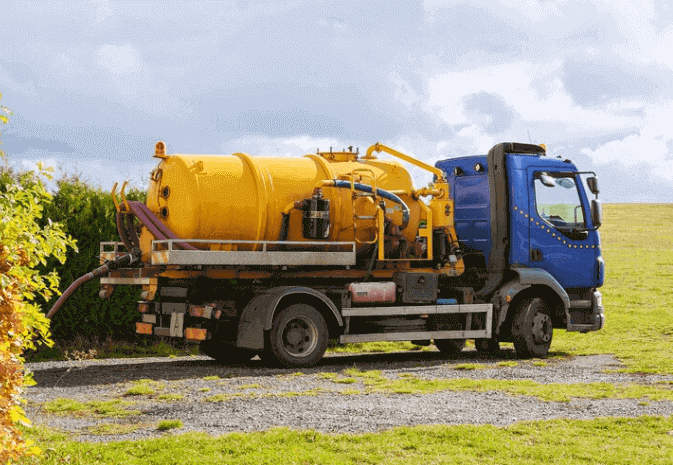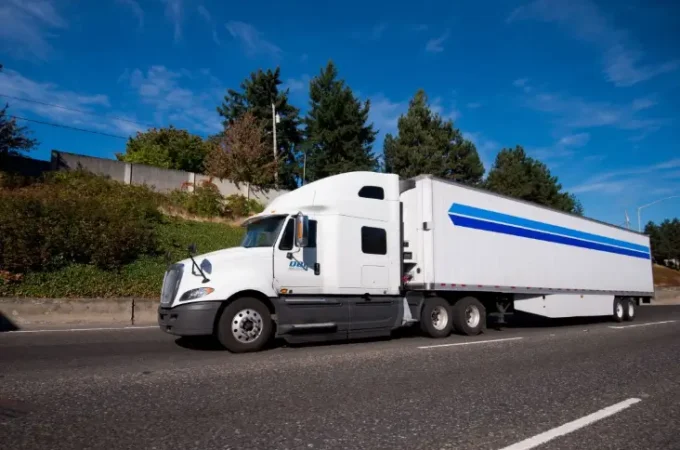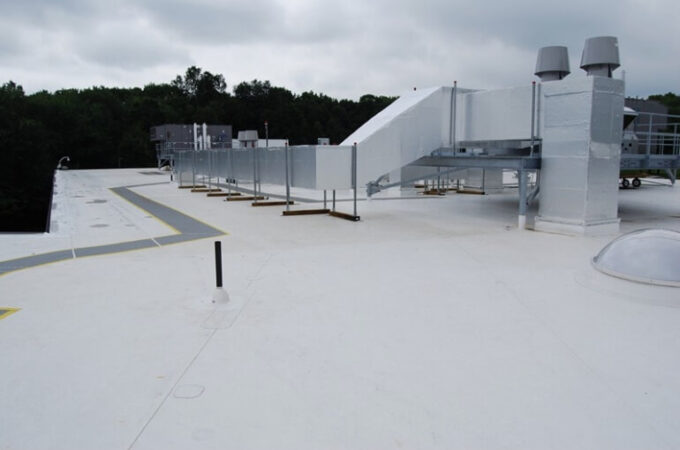
Water Truck: Types, Applications, Benefits and much more
Water is an essential resource that sustains life and serves various purposes in our daily activities. Ensuring its availability where and when needed is crucial, and that’s where water truck come into play. These versatile vehicles serve a wide range of industries and offer solutions to various challenges. In this article, we will explore the world of water trucks, from their types and components to their applications, benefits, and environmental considerations.
The Importance of Water Trucks
Water trucks, also known as water tank trucks or bowser trucks, are an indispensable part of many industries. They are designed to transport and distribute water to areas where a reliable water source may be lacking. The importance of water trucks can be seen in several sectors, including:
Construction Industry
In the construction sector, water trucks are used to control dust on construction sites, ensuring a safer and more productive work environment. They are also employed for compaction and site preparation, reducing soil erosion and enhancing the quality of construction projects.
Agriculture
Agriculture heavily relies on water for irrigation and dust control in farming operations. Water trucks play a crucial role in ensuring that crops receive the necessary moisture, contributing to increased agricultural productivity.
Types of Water Trucks
Water trucks come in various forms, tailored to meet specific requirements. The two primary types of water trucks are:
Traditional Water Trucks
Traditional water trucks feature large water tanks and are used for general-purpose water transportation. They are common in construction and agricultural applications and can carry a significant volume of water.
Specialized Water Trucks
Specialized water trucks are for specific tasks. These can include fire trucks, which are equipped with powerful pumps and hoses for firefighting, and dust suppression trucks, which excel in controlling dust particles.
Key Components of a Water Truck
To understand how water trucks function, it’s essential to know their key components:
Water Tank
The water tank is the heart of the water truck, and its capacity can vary significantly. Tanks are typically made of materials that are resistant to corrosion and safe for water storage.
Pumping System
Water trucks are equipped with a pumping system that allows for efficient water distribution. The system can vary in complexity, depending on the intended application.
Control Mechanisms
Control mechanisms enable operators to regulate the flow of water and its distribution. These systems ensure precision and efficiency in water delivery.
In the next section, we will dive deeper into the various applications of water trucks and the benefits they offer.
Applications of Water Truck
Water trucks serve a wide range of applications, making them versatile assets across industries. Some common applications include:
- Dust control in construction and mining
- Soil compaction on construction sites
- Irrigation in agriculture
- Firefighting and emergency response
- Municipal services for water distribution
- Road maintenance and cleaning
These applications highlight the adaptability and importance of water trucks in various sectors.
Benefits of Using Water Truck
Water trucks provide numerous benefits, such as:
- Reduced dust and improved air quality
- Efficient water distribution
- Enhanced safety on construction sites
- Firefighting capabilities
- Cost-effective water transportation
- Eco-friendly dust control methods
These advantages make water trucks an invaluable resource in many industries.
Environmental Considerations for water truck
While water trucks offer numerous advantages, it’s essential to consider their environmental impact. The use of water trucks for dust control and irrigation can lead to water wastage. However, with advancements in technology, more eco-friendly options are becoming available, such as water recycling systems and automated control mechanisms that optimize water usage.
Maintenance and Safety
Proper maintenance and safety protocols are critical for the efficient operation of water trucks. Regular inspections, cleaning, and preventive maintenance ensure the longevity and reliability of these vehicles. Safety measures, such as proper training for operators and adherence to regulations, are also essential.
Factors to Consider When Purchasing a Water Truck
When investing in a water truck, it’s important to consider factors like tank capacity, pumping system capabilities, and the intended application. Choosing the right water truck that aligns with your specific needs is crucial for maximum efficiency and productivity.
Case Studies
To better understand the practical applications of water trucks, let’s explore a few case studies.
Construction Industry
In a large-scale construction project, water trucks are used to minimize dust, which can be harmful to workers and equipment. By controlling dust, construction sites become safer, and equipment maintains peak performance.
Agriculture
In agriculture, water trucks play a pivotal role in irrigation. They ensure that crops receive adequate moisture, promoting healthy plant growth and increased yields.
Challenges and Solutions
Despite their numerous advantages, water trucks also face challenges, such as water scarcity, inefficiency, and environmental concerns. Addressing these issues requires ongoing innovation and sustainable practices to ensure the responsible use of water resources.
Future Trends in Water Truck Technology
The water truck industry is constantly evolving. Future trends may include the development of more eco-friendly water trucks, advanced control systems, and automation to optimize water distribution.
Conclusion
Water trucks are unsung heroes, delivering vital resources to where people need them most. Whether in construction, agriculture, or firefighting, these vehicles offer solutions to complex challenges. As industries continue to grow and adapt, water trucks will play a vital role in resource distribution and environmental protection.
FAQs about water truck
- How much water can a typical water truck carry? A typical water truck can carry anywhere from 2,000 to 10,000 gallons of water, depending on its size and purpose.
- What are the regulations for using water trucks in construction? Regulations vary by location, but they typically cover issues like water source permits, dust control standards, and safety measures for operators.
- Are there eco-friendly water truck options? Yes, there are eco-friendly water truck models available with features like water recycling systems and advanced control mechanisms to minimize water wastage.
- How can I maintain my water truck effectively? Effective maintenance includes regular inspections, cleaning, and adherence to recommended service schedules. Proper training for operators is also very important in this.
- What is the average lifespan of a water truck? The average lifespan of a water truck can vary widely, but with proper maintenance, it can last anywhere from 10 to 20 years.
In this comprehensive article, we’ve delved into the world of water trucks, from their essential components and applications to their environmental impact and future prospects. Whether you’re in construction, agriculture, or any industry that relies on water, understanding the significance of water trucks is essential for efficient and responsible resource management.





